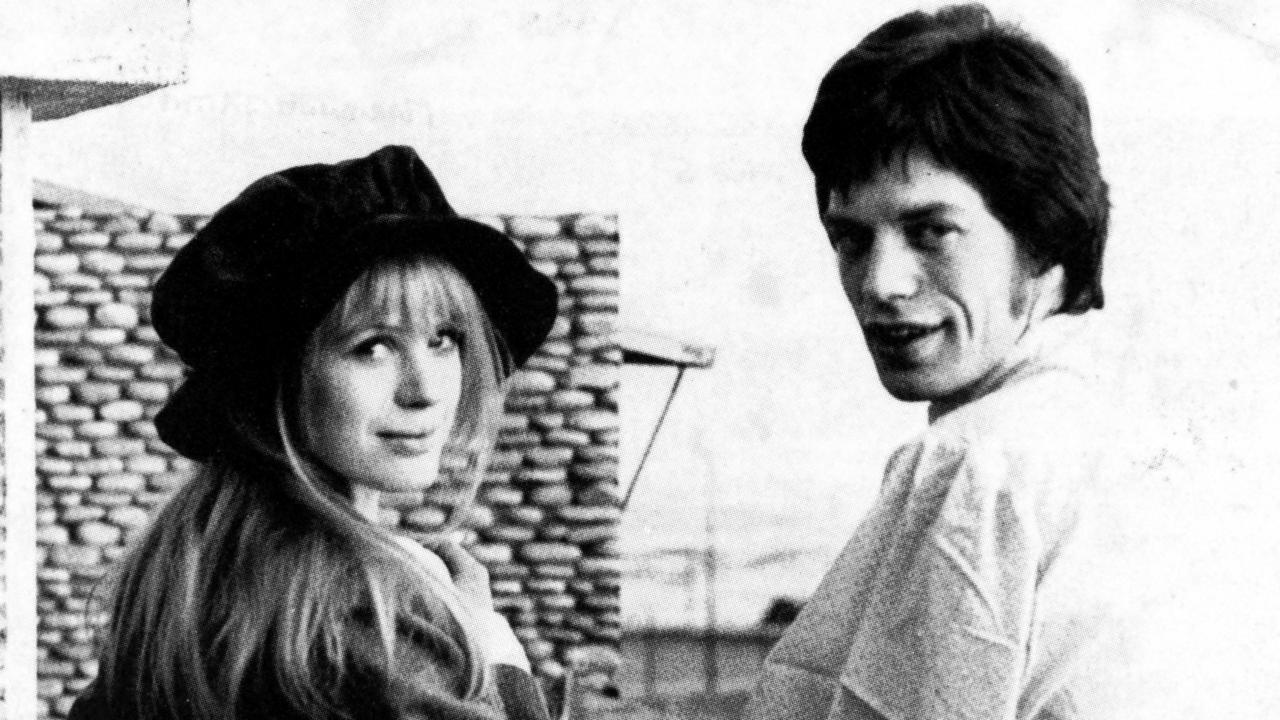Vitamin D cuts risk of dying from cancer, research suggests
People who don’t get enough vitamin D could be harming their ability to fight cancer.

Taking vitamin D supplements reduces the risk of dying from cancer by 13 per cent, an overview of research suggests.
Modern indoor lifestyles mean that many people do not receive enough of the vitamin from sunshine, which could be harming their ability to fight cancer, experts said.
A series of studies pointed to the benefits of having enough vitamin D, either through supplements, sunshine or foods such as oily fish, eggs and meat.
A fifth of Britons are estimated to have low levels. Public Health England recommends that to keep levels high everyone should consider taking supplements during the winter.
Vitamin D is well known to protect the bones and muscles but interest has been growing in its benefits for other types of disease.
Researchers at Michigan State University pulled together data from ten randomised trials of supplements involving 79,000 people with an average age of 68. They were followed for at least three years.
The studies, presented at the annual meeting of the American Society of Clinical Oncology in Chicago, found that those told to take vitamin D supplements were no less likely to get cancer. However, they were 13 per cent less likely to die of the disease.
“The take-home message is that vitamin D might carry a benefit for the cancer population,” Tarek Haykal, the lead researcher, said.
“I would like to see more oncologists and primary care doctors consider prescribing vitamin D for their patients as it carries many benefits with minimal side-effects. I also would encourage researchers to have more studies into this area.”
Exactly how the vitamin may help against cancer is not fully understood, although it is thought to boost the immune system. Laboratory studies have shown that it regulates cell growth and could make cancer cells less aggressive.
Daniel Bikle, professor of medicine and dermatology at the University of California, San Francisco, said that people could make an “impressive difference” to their chance of dying from cancer by taking vitamin D.
“I’m a big believer in sensible sun exposure, getting some sun on your skin without burning. But in places such as the UK, there is not enough sun all year round, so supplements in the winter months are necessary,” he said.
Professor Bikle said the reason that studies had not found that taking the vitamin lowered the chance of getting cancer could be because people were not taking it for long enough. “Cancer doesn’t develop overnight, it goes through stages over 20 or 25 years, so taking vitamin D for a few years will not be enough to reduce your risk of getting cancer. It is a good idea to take a vitamin D supplement, particularly in the eight or so months when the sun is not strong enough to keep levels up. If you start when you’re 65 and already have healthy levels, by taking a supplement you can reduce your risk of dying of cancer.”
In another study of 934 cancer patients, 46 per cent were deficient in vitamin D. The link with pancreatic cancer was particularly strong.
In a third study, researchers at the Hospital 12 de Octubre in Madrid looked at 2,280 prostate cancer patients, finding that those taking vitamin D supplements with statins were 38 per cent less likely to die of their disease than those taking neither. Statins have been linked to a lower risk of prostate cancer death and although the study could not separate the effect of the cholesterol-lowering drugs from the vitamin D, Guillermo de Velasco, who led the research, said: “The effect seems to be different and independent.”
Louis Levy, head of Nutrition Science at PHE, said: “During autumn and winter, those not consuming foods naturally containing or fortified with vitamin D should consider a daily 10 microgram supplement.” Those who don’t expose their skin to the sun should take a supplement all year round, Dr Levy added.
Studies suggest that sunscreen does not significantly harm the body’s ability to produce vitamin D.
Experts stressed that the findings should not be seen as licence to forget the dangers of sun burn, which increases the risk of skin cancer.
The Times


